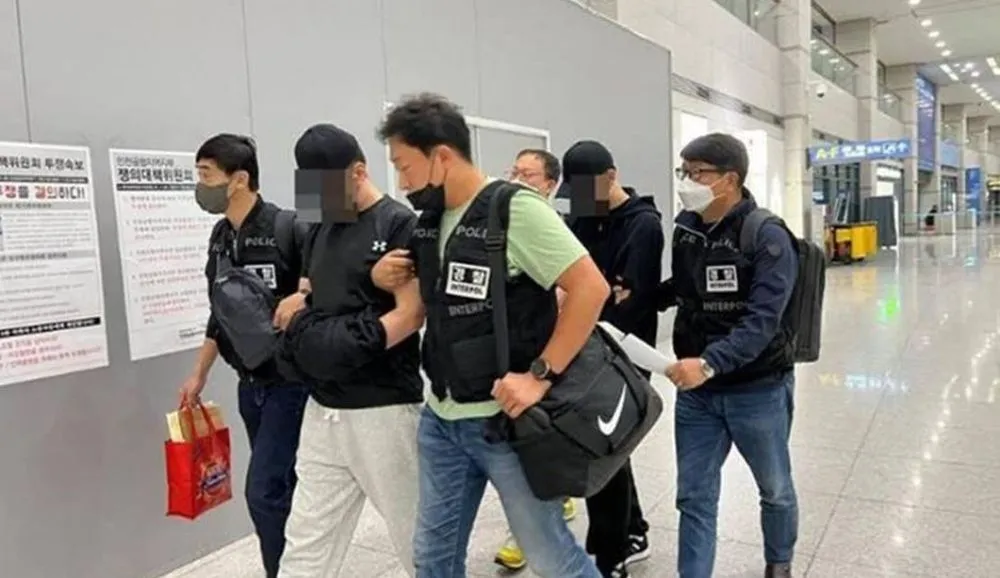Almost 1,000 suspects arrested in Interpol operation which seized over $129 million
An operation by Interpol which concluded this week led to the seizure of more than $129 million in “virtual assets” and the arrests of almost 1,000 suspects, the organization announced on Thursday.
The operation comes at a significant moment for international collaboration to tackle online financial crime, particularly fraud and money laundering, with world leaders earlier this month gathering to reaffirm their commitment to tackling ransomware.
Interpol’s Operation HAECHI III was a five month exercise, running from June 28 to November 23, which involved global fraud investigators collaborating “to intercept money and virtual assets linked to a wide range of cyber-enabled financial crimes and money laundering, assisting countries to recover and return illicitly obtained funds to victims.”
According to Interpol, the operation targeted “voice phishing, romance scams, sextortion, investment fraud and money laundering associated with illegal online gambling” and in total “resulted in the arrest of 975 individuals and allowed investigators to resolve more than 1,600 cases.”
Almost 2,800 bank and virtual asset accounts linked to the investigated crimes were blocked, the organization said.
One of the investigations captured two fugitives wanted under Red Notices issued by South Korea, arresting them in Greece and Italy after they allegedly embezzled €28 million ($29 million) from 2,000 Korean victims in a global Ponzi scheme.
“Posing as an investment opportunity promising attractive returns, the scheme exploited social media chat rooms to promote FutureNet, a large-scale international pyramid scheme which attracted investors via word of mouth and incited them to recruit others between 2016 and 2020,” the organization said.
In another case, bureaus in Austria and India identified a group of online criminals who had been impersonating Interpol officers and convincing victims to transfer $159,000 “through financial institutions, cryptocurrency exchanges and online gift cards.” Authorities in India raided a call center linked to these criminals and seized four “cryptocurrency wallets and other crucial crime evidence.”
The whole exercise was supported by the launch of a new international policing tool known as the Anti-Money Laundering Rapid Response Protocol (ARRP), which is meant to enable countries to collaborate quickly to restrain criminal proceeds.
ARRP allowed Interpol’s bureaus in Manchester and Dublin to trace and seize €1.2 million ($1.25 million) stolen in business email compromise attacks and return the funds in full to their victims’ Irish bank account. The international policing organization says that since January 2022, ARRP has helped member states recover more than $120 million in criminal proceeds from cyber-enabled fraud.
“The success of this operation is based on two key elements for law enforcement, follow the money and cooperation via Interpol. We have highlighted the need for greater efforts to deprive criminals of their illegal gains and this operation has seen member countries doing just that,” said Jürgen Stock, Interpol’s secretary general.
Alexander Martin
is the UK Editor for Recorded Future News. He was previously a technology reporter for Sky News and is also a fellow at the European Cyber Conflict Research Initiative.



